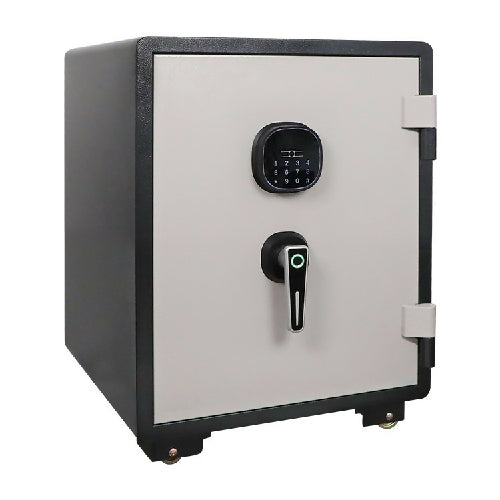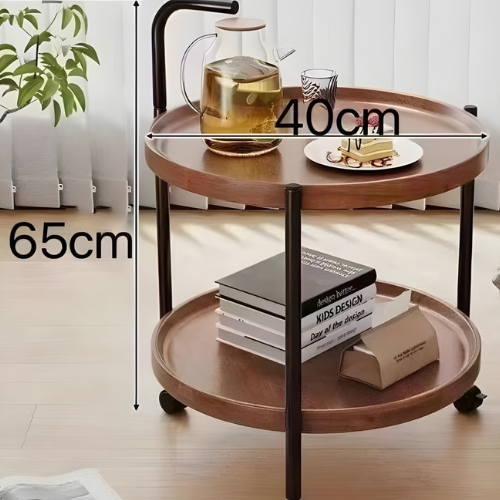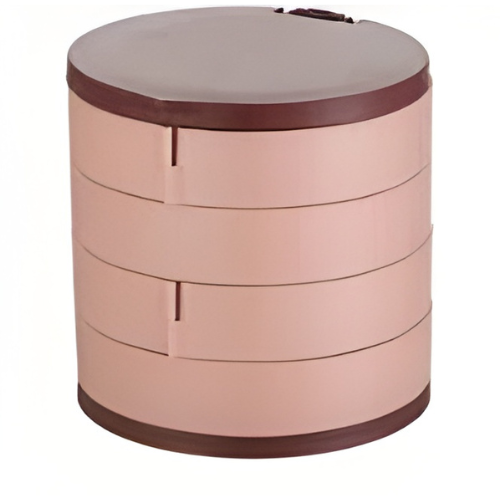
In this article, we will attempt a definition and enlightening revelation of stress, the workplace nature of stress, the causes of stress, signs of stress, stress response, the consequence of prolonged stress, and offer tips on how you could handle stress and burnout.
Are you ready!? Leggo!
STRESS: a state of mental or emotional strain or tension resulting from adverse or demanding circumstances. Stress is physiological and a psychological reaction to something that is perceived as a threat.
WORKPLACE STRESS is one of the most common sources of stress where performance and creativity demand constantly increase and the time given to complete these demands decreases. Hence, Stress especially emotional and psychological response occurs when there is a mismatch between the demands of the job and your capabilities, skills, resources, or needs.

Before we move on to how to handle stress, let’s quickly brush through some possible causes of stress at work:
- Excessively high workloads, with unrealistic deadlines making people feel rushed, under pressure and overwhelmed
- Insufficient workloads, making people feel that their skill are being underused
- Lack of control over work activities
- Lack of interpersonal support or poor working relationships leading to a sense of isolation
- Working on something you have less knowledge of or insufficient experience or training
- A habitual/routine schedule without creativity or fun.
The regular stress symptoms include:
- Tiredness and irritability
- Loss of sense of humour and apathy
- Reduction of performance and quality of work
- Physical illness such as headaches, migraines, nausea, aches and joint pains
- Insomnia
STRESS RESPONSE
Our bodies respond differently to stress. When we experience stress, we experience a change in how we think, feel, behave as well as how our body reacts too.
How we think: Our thoughts will constantly worry us, distract us, race around in our head and make us imagine the worst outcome. Your attention shifts from automatic mode to controlled processing mode resulting in too much of thinking.
How we feel: We may feel anxious, nervous, stressed, and scared that something bad is going to happen which might lead to panic. And once that happens, we automatically shut off logical thinking.
How we behave: we walk back and forth, become quiet or talk quickly, become cranky and upset at minor issues; we might even lose our appetite and do what we can to avoid what we fear
How our body reacts: our heart races, our chest tightens and hurts, our stomach may get upset, we sweat, tense our muscles and our breathing will quicken
BURNOUT AND THE CONSEQUENCES OF PROLONGED STRESS
Burnout occur when a person feels emotionally, mentally, and physically exhausted most of the time. A person doesn’t feel joy anymore and just wants to be left alone. People who experience burnout also experience inner emptiness. To overcome the feelings of emptiness, they might look for activity such as overeating, sex, alcohol, or drugs, which can lead to even bigger problems.
Chronic high levels of stress can reduce recall of previously learned information. Long-term exposure to high levels of stress can even cause the death of the neurones in the brain, which can lead to permanent memory impairment. This is one of the reasons why many people say that they don’t have a “good memory” when they are stressed.
Prolonged stress (distress) can lead to psychosomatic illness such as stomach ulcers, headaches, backaches, muscles aches, disturbed heart function, respiratory difficulties, bronchitis, asthma, and many other problems. High blood pressure causes the blood to divert from nonessential areas such as your gut and into your muscles. Chronic stress constantly activates your stress-response system, which can damage your heart muscles and blood vessels.

Although chronic stress affects men and women in different ways, both men and women experience decreased sex drive (libido). Sustained stress can decrease the likelihood of ovulation and increase erectile dysfunction. Your immune system is designed to protect you from all sorts of viruses and bacteria. When it is repeatedly hit with stress, immune defences go down, virus and bacteria begin to prosper, and the person gets sick.
HOW TO HANDLE STRESS AND BURNOUT
According to the American Psychological Association, the most effective stress relief strategies are:
- Exercising or playing sports
- Praying or attending a religious service
- Reading
- Listening to music most especially your favourite
- Spending time with friends or family
- Getting a massage
- Going outside for a walk
- Meditating or going yoga
- Spending time with a creative hobby
One can also make use of these least effective strategies:
- Surfing the internet
- Have fun with the Social Media (Facebook, Twitter, Instagram etc)
- Watching TV or movies
- Go Shopping
- Eating
- Playing video games
Above all, whenever you are stressed, get a real good nap. Coz body no be firewood (your body is not made of wood). You need a good rest!
This MERAX HI- BACK EROGONOMIC RACING STYLE ADJUSTABLE CHAIR
can help you relax well while at work

You might also like the ROCKER RECLINING MESH OFFICE CHAIR
Are you an interior décor /furniture enthusiast? You might want to contribute to our blog, feel free to reach out to us at – info@hogfurniture.com.ng

































